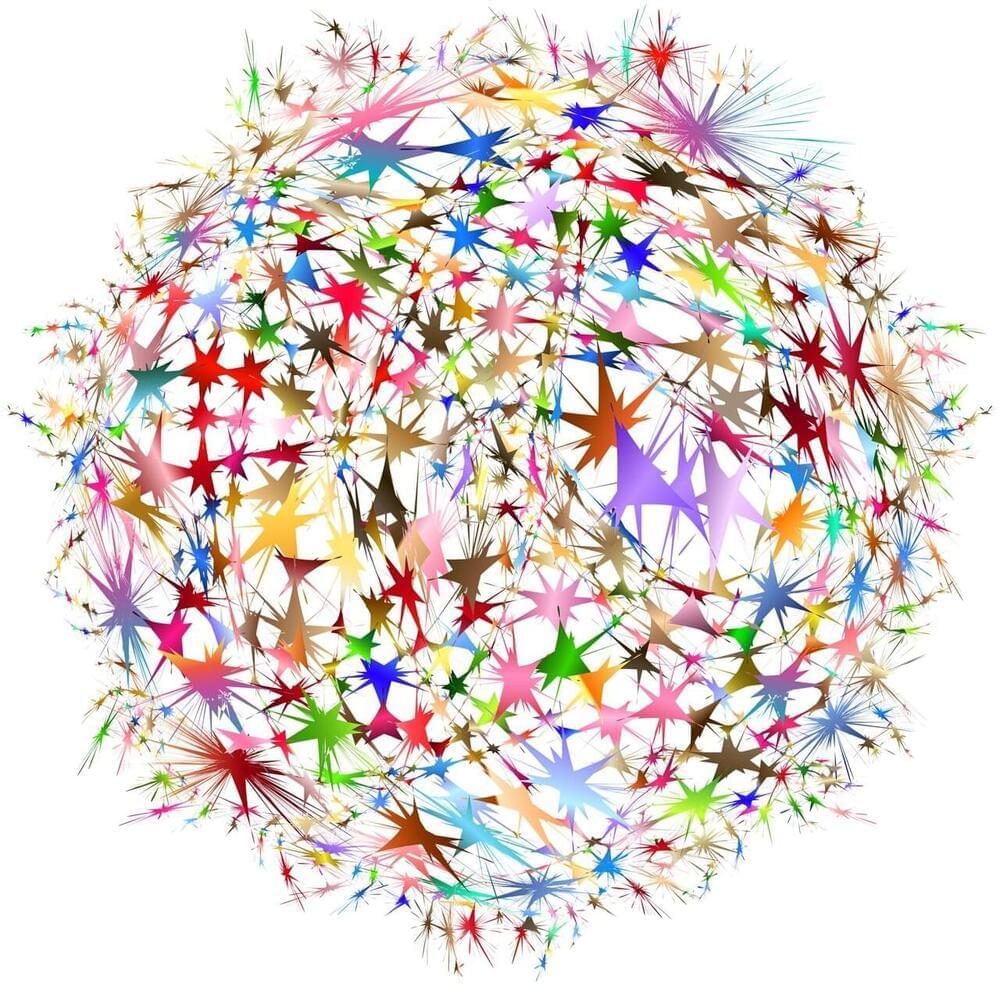Machine learning, a form of artificial intelligence, vastly speeds up computational tasks and enables new technology in areas as broad as speech and image recognition, self-driving cars, stock market trading and medical diagnosis.
Before going to work on a given task, machine learning algorithms typically need to be trained on pre-existing data so they can learn to make fast and accurate predictions about future scenarios on their own. But what if the job is a completely new one, with no data available for training?
Now, researchers at the Department of Energy’s SLAC National Accelerator Laboratory have demonstrated that they can use machine learning to optimize the performance of particle accelerators by teaching the algorithms the basic physics principles behind accelerator operations—no prior data needed.
